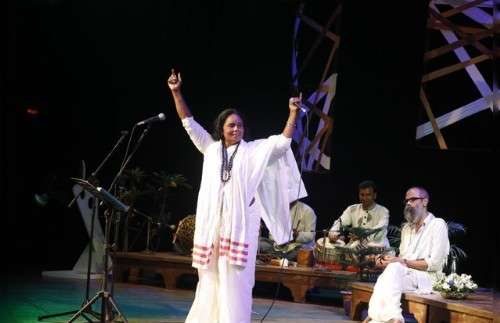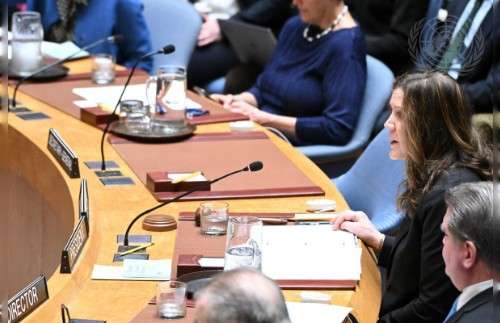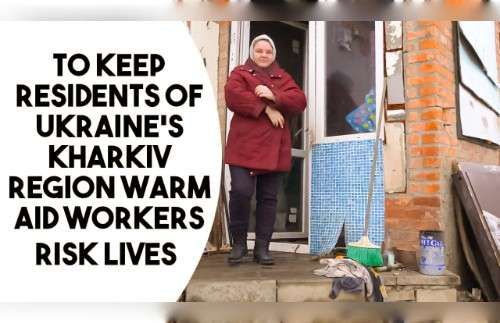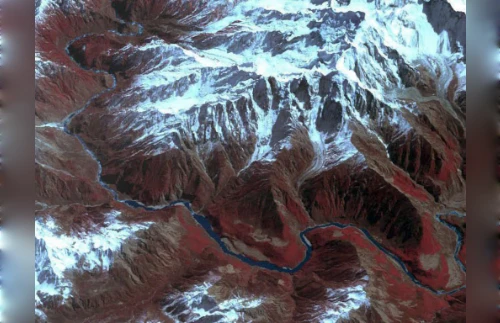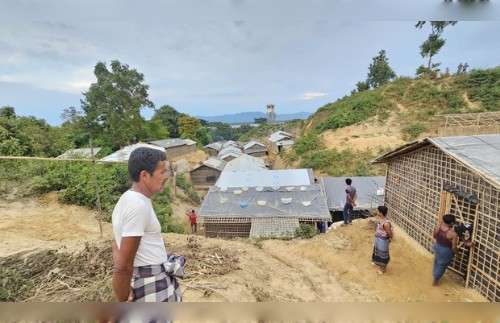Offering a range of subjects from mathematics to Greek, arts, science and crafts, KEDU, an informal school on Kos teaches displaced children aged between seven and 18 years old. Almost 400 youngsters, who might otherwise have no education, have passed through its doors since they opened last April, supported by the UN refugee agency (UNHCR).
KEDU (Kos Education) is a non-formal school run on Kos island by UNHCR’s partner ARSIS – Association for the Social Support of Youth. Since April 2018, when it opened with funds from the European Commission, KEDU has ensured access to classes for children living at the Pyli Reception and Identification Centre (RIC).
The school, located in a reconstructed building near the Pyli RIC, provides lessons in three classrooms for dozens of children aged between seven and 18 years old – one third of them are girls. Almost 400 youngsters have passed through its gates since the facility opened. KEDU fills the important gap between children arriving on Kos island, either with their family or travelling on their own, until they are registered at a state-run school.
Almost 400 youngsters have passed through these classrooms. They have all fled conflict and crisis but are thriving through learning Dionysia Possa is a teacher at KEDU school in a refugee reception centre on Kos Island.
Set up by UNHCR with funding from the European Union the school prepares pupils to study in Greece.
Classes give welcome respite to children, many of whom have experienced severe trauma and face difficult living conditions putting their social and emotional wellbeing first and encouraging them to dream big as they work towards a new start in Greece~UNHCR





